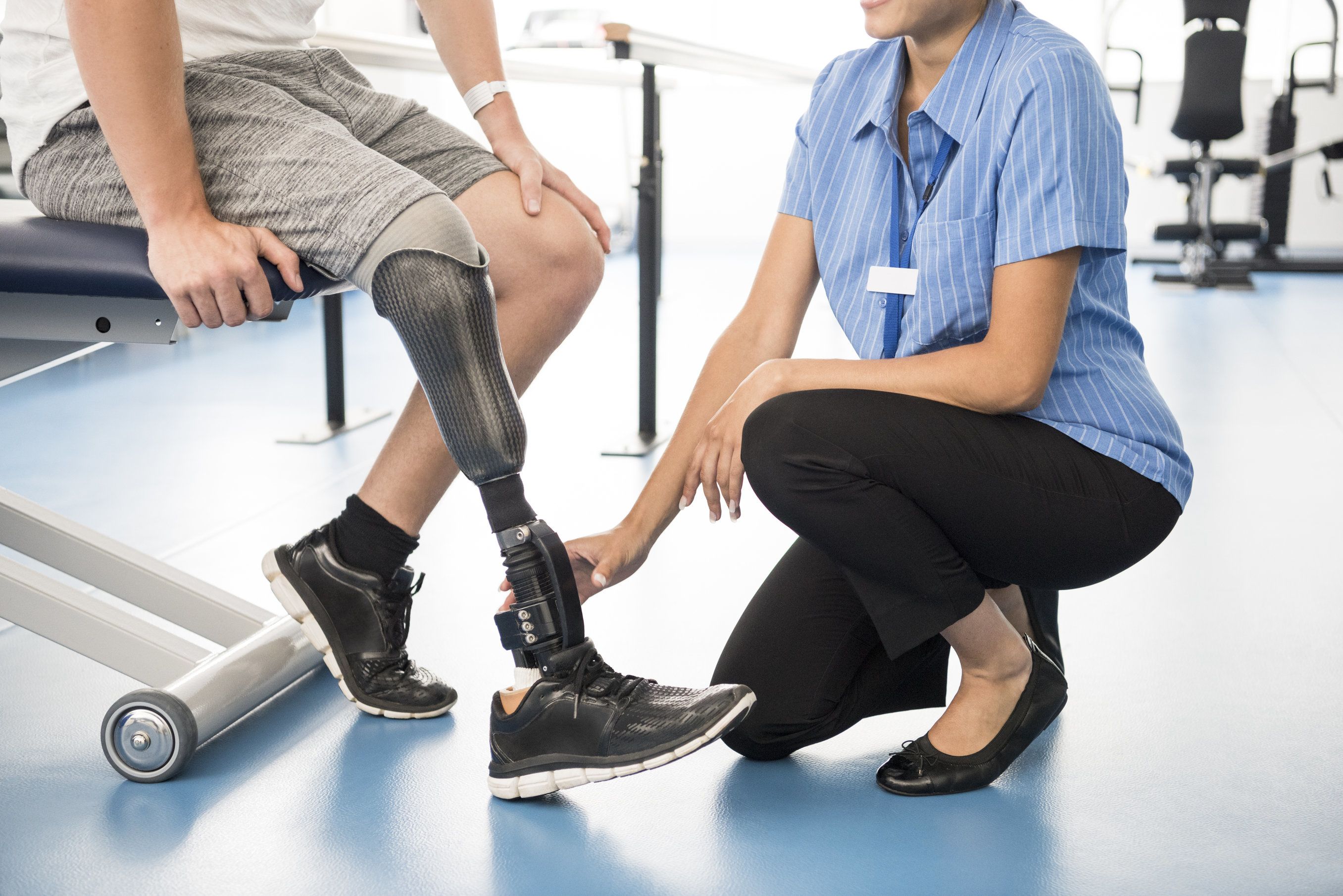
Becoming an amputee is a life-altering experience and when it’s the result of medical malpractice, it can be even more distressing.
Facing the aftermath of medical malpractice leading to amputation can be a daunting and life-altering experience. Amidst the physical, emotional, and financial challenges, it is essential to understand your rights and options. This guide aims to shed light on the complexities of amputation claims due to medical negligence and empower you with the knowledge to navigate the legal landscape.
By delving into the significance of seeking solicitors for amputation claims, we strive to equip you with the tools to advocate for your rights and secure the compensation you deserve.
This is the term used when harm, injury or death occurs to a patient due to a mistake or incompetence by a medical professional. Such injuries can range from mild physical injury to more devastating results such as the need to amputate a limb due to the severity of the damage caused. Often, the victim of malpractice or their families will seek financial compensation in order to meet the ongoing costs of the patient’s care including specialist equipment and treatment. Compensation may also be sought for loss of earnings and the traumatic impact of the injury on the patient.
There are a few instances in which medical malpractice can lead to amputation and, some of these are:
● Surgical errors which cause irreversible nerve damage to a limb
● Reduced blood supply to limbs
● Wound infections
In some cases, a patient will visit a hospital for a relatively minor procedure but will subsequently fall victim to one of the above which, in turn, can result in amputation. During an amputation procedure, a surgeon will remove all of the diseased tissue, leaving as much healthy tissue behind as possible. Surgery will then be planned to remove part or all of the limb depending on the extent of the diseased tissue. Following this surgery, the patient may be fitted for a prosthetic limb where possible to help him or her to return to as normal a life as may be reasonably expected.
An amputation caused by malpractice can leave a patient feeling shocked, angry and depressed but, following an incident of this kind, it’s important to act fast. In this section, we’ll walk you through the steps you’ll need to take following your surgery.
The first thing you’ll need to do is to secure the services of a medical malpractice solicitor and your GP or local council will usually be able to make recommendations for a firm in your area. Your solicitor will then be able to explain the process to you and inform you of the likely outcome.
Next, you’ll be required to gather together documentation to back up your case. For this, you need to request your medical records from your GP and from the hospital where the malpractice happened. If the hospital administration is resistant, your solicitor will be able to nudge them along with a phone call or letter. It’s also a good idea to write up your own experience of what happened including, where possible, dates, times and details of conversations as well as how you felt at various times during the process. This can help your solicitor to build your case in a coherent and impactful way.
While gathering your evidence and building your case, it’s time to ask your GP or a third party to recommend a new, specialist healthcare provider. It’s important to make sure that your new care provider is aware of your circumstances and has copies of your medical records in order to provide optimum care as well as offer an opinion as to the extent of malpractice – this may be extremely useful to you both personally and during any legal hearings.
Embarking on legal action following a case of malpractice can be incredibly stressful and often long-winded. Because of this, it’s important to ensure that you have as much support as possible. Don’t be afraid to lean on friends and family who hopefully will be more than happy to help. If you feel like you need a little extra support, you may want to consider the services of a therapist as well as gaining support from other victims through a forum or social media group.
With the best will in the world, friends and family will often find it difficult to comprehend just what you are going through and, because of this, connecting with others who are going through the same thing can be extremely valuable.
When medical malpractice results in the amputation of a limb, it will often take years of physical and mental therapy to help you to adjust to your new life. As such, it’s important that you do all that you can to bring those responsible to justice and to gain the financial compensation that you will need to make sure that your new requirements are taken care of. A good medical negligence solicitor will be with you every step of the way to help you to get the best possible result.
Please be advised that this article is for general informational purposes only, and should not be used as a substitute for advice from a trained legal or medical professional. Be sure to consult a lawyer or medical professional if you’re seeking advice on amputation and legal advocacy. We are not liable for risks or issues associated with using or acting upon the information on this site.















